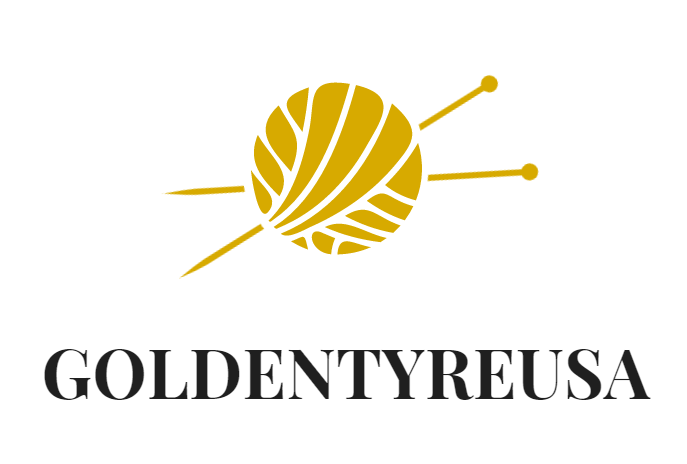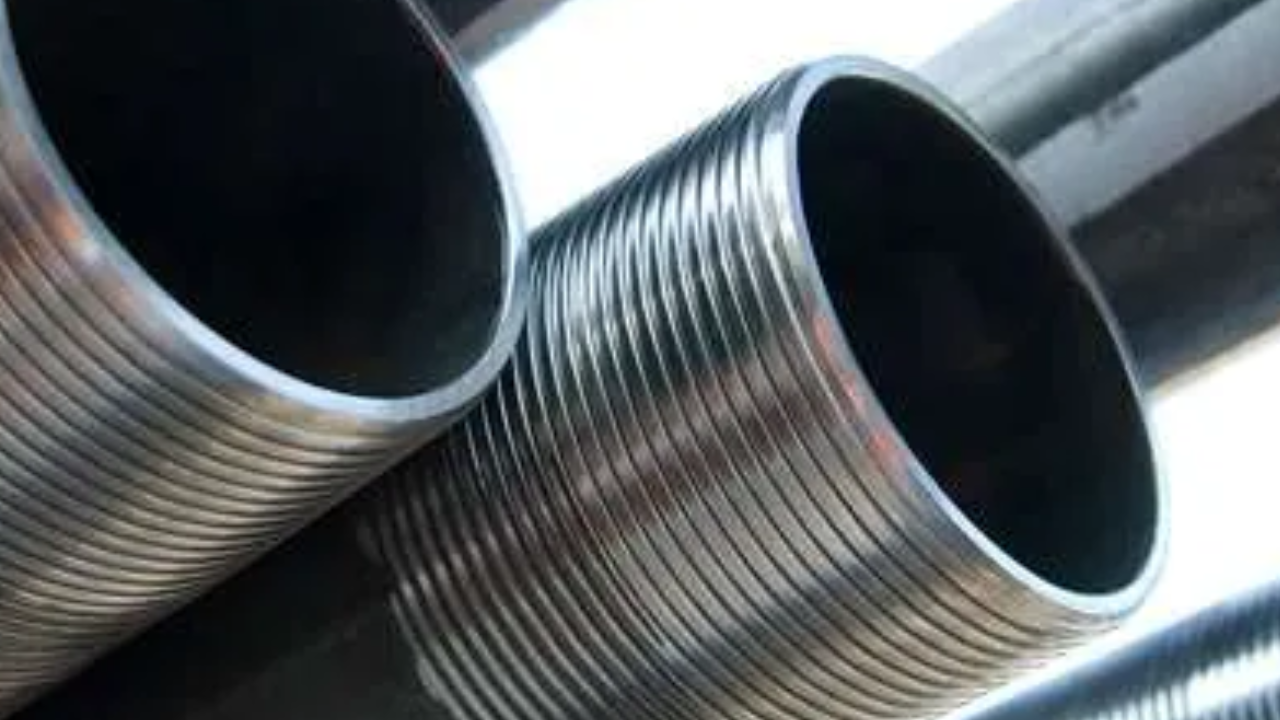As conduits for the movement of vital fluids like crude oil and natural gas, Oil Country Tubular goods (OCTG) are important elements of the oil and gas region. The links that bind steel pipelines collectively to shape a strong community for fluid transmission are the inspiration for OCTG's operation. This guide delves into the wide kind of OCTG connections, explaining their traits and uses within the oil and fuel enterprise. A good way to ensure the effectiveness and integrity of pipeline structures, octg meaning are vital. These connections are designed to endure the excessive operating situations that are common in the oil and fuel industry, in addition to facilitating the smooth glide of fluids.
OCTG connections are available in a spread of configurations to meet numerous operating needs, ranging from API connections that meet the strict industry requirements established by the Yank Petroleum Institute to sophisticated proprietary connections that have improved capabilities such as metal-to-steel seals.
Because of their dependability and flexibility, API connections like externally dissatisfied coupling (EU) and undisturbed coupling (NU) are suitable for a variety of applications. Advanced connections, however, are designed for harsh conditions with corrosive fluids and excessive pressure. Operators in the oil and gas sector can also maximize productiveness, improve safety, and optimize pipeline overall performance using having a thorough expertise of the properties and uses of OCTG connections.
Comprehending OCTG Connections
Steel pipes are joined to create non-stop pipelines for fluid transportation through the use of OCTG connections. The pipeline network's dependability and integrity are guaranteed by using these connections, enabling the safe and powerful transit of gasoline and oil over terrific distances.
API Connection
The API connection, which complies with the strict recommendations installed through the American Petroleum Institute (API), is a pillar of the oil and gasoline region. The undisturbed coupling (NU) and the externally dissatisfied coupling (ecu) are the two main classes of API connections. European connections can handle pipes with varying diameters, while NU connections are intended for pipes with equal diameters. These connections fulfill the numerous necessities of oil and gas operations using being reliable and adaptable.
Advanced Connectivity
Going beyond what API connections can do, superior connectivity gives superior sealing mechanisms and distinct functions that mark a paradigm leap in OCTG connections. In particular, stepped-forward connections have metal-to-metal seals, which enhance high-stress seal integrity and guarantee top performance in harsh conditions. Advanced connections are ideal for gas wells, excessive-strain wells, and wells that might be liable to the manufacturing of corrosive fluids due to capabilities along with instantly threading, the lack of slots, and precise hole designs.
Applications and Issues
Relying on some of the variables, consisting of good situations, operational needs, and regulatory requirements, the selection of OCTG connection is made. Superior connections, then again, offer better overall performance and are the manner to move in harsh situations wherein dependability and integrity are essential.
Advantages and Difficulties
API connections are suitable for the diffusion of applications because they provide a great blend of dependability, adaptability, and affordability. Then again, superior connectivity excels in high-strain or corrosive situations, where they might have boundaries. Even though sophisticated connectors offer higher sealing and performance, their setup and maintenance can be greater expensive and require expert expertise.
Installation and Renovation
Making sure the durability and functionality of OCTG connections call for both correct installation and routine renovation. Installation protocols must observe industry great practices and manufacturer requirements to avoid issues like leaks or early failure. Regular upkeep, consisting of integrity testing and inspection, facilitates to reduction of dangers to the pipeline community and hits upon viable troubles early.
Final Remarks
The success of oil and fuel operations is greatly dependent on the selection of OCTG connections. Operators need to recollect diverse components, inclusive of good situations, budgetary limits, and overall performance needs, whilst deciding between superior connectivity and API connections. Operators within the oil and gas quarter may also maximize productivity, improve protection, and optimize pipeline performance by having an intensive recognition of the functions and uses of numerous OCTG connections.


